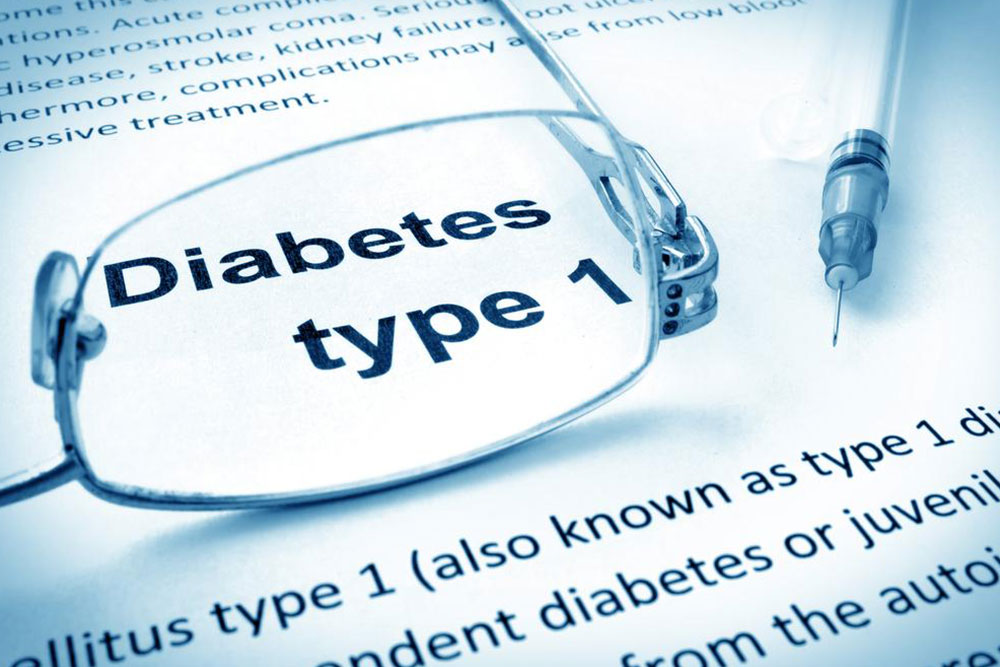Common Causes of Pulmonary Hypertension
Pulmonary hypertension results from elevated blood pressure in lung arteries caused by factors such as drug use, heart failure, blood clots, liver disease, HIV, autoimmune disorders, and lung diseases. Recognizing these causes aids in timely diagnosis and treatment to improve patient outcomes.
Sponsored

Pulmonary hypertension occurs when the blood pressure in the arteries of the lungs rises abnormally. Normally, blood flows smoothly through the pulmonary vessels, but various factors can cause pressure to increase. This condition may develop due to multiple underlying reasons, sometimes involving a combination of causes, making treatment more challenging. When the specific cause remains unidentified, it is termed idiopathic pulmonary hypertension. Understanding these causes is crucial for effective diagnosis and management.
The primary factors contributing to pulmonary hypertension include:
Substance abuse: Usage of illegal drugs like cocaine and methamphetamine can induce pulmonary hypertension by damaging the pulmonary vessels.
Heart failure: Conditions like congestive heart failure can lead to increased blood pressure in the pulmonary arteries.
Blood clots in the lungs: Pulmonary embolism or other clotting disorders can cause blockages, raising arterial pressure.
Liver conditions: Chronic liver issues, especially cirrhosis, may contribute to pulmonary hypertension.
HIV infection: Patients with HIV are at higher risk for developing increased blood pressure in the lungs.
Various medical illnesses: Autoimmune diseases like lupus, rheumatoid arthritis, and scleroderma can be contributing factors.
Lung disorders: Diseases such as emphysema, chronic bronchitis, and pulmonary fibrosis can cause pulmonary hypertension.
Additional causes: Conditions like sleep apnea or congenital heart defects may also lead to this condition.






